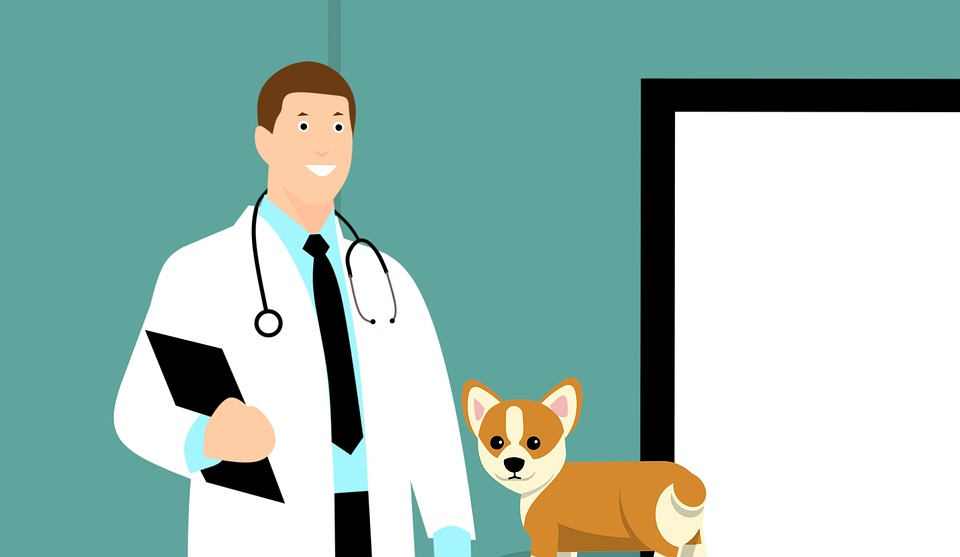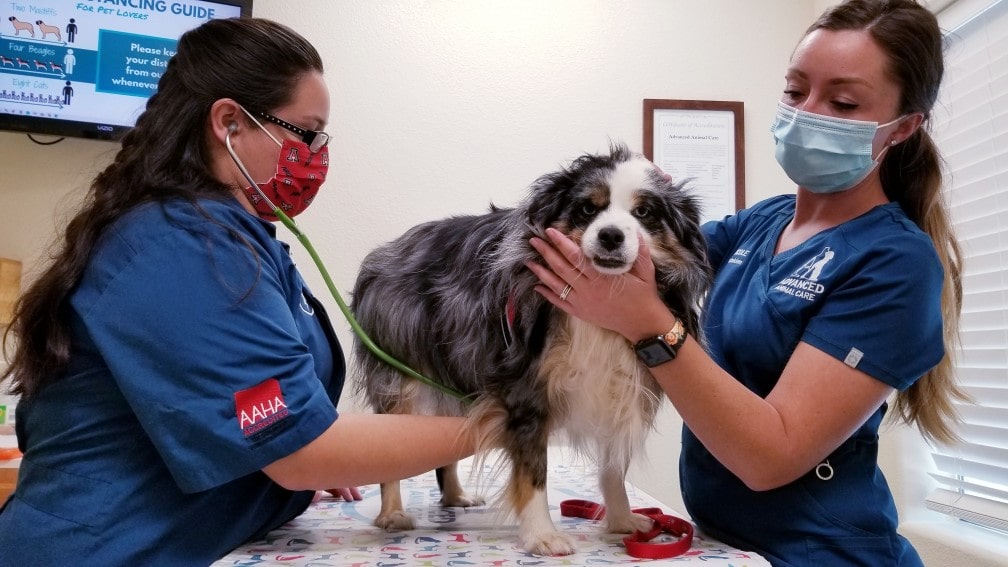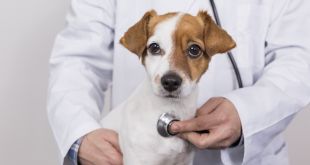More families decide to adopt a pet and give them a life of decent quality. This drives the rise of demand for high-class veterinarians. People are ready to spend a good deal of money to make sure their pets are safe and sound.
However, the main prerequisite is to have their pet observed by a competent, skillful, and experienced vet. Otherwise, pet owners will be reluctant and keep looking for a professional to trust with their beloved creatures.
Vet schools have their momentum these days. With the growing number of students who want to become a vet, it is enormously challenging to get into any vet educational institution, let alone the tuition fee, which can reach even $40,000 annually.
If you plan to enter a vet school, this article will cast some light on what you have to focus on to become a first-class expert.
Start thinking about a career in vet beforehand
It would be reasonable to say that you should determine your career long before graduation. This will help you choose a pack of relevant subjects, drill them, and strive to score the highest mark.
In specific cases, you might even turn to essayshark.com. The paper writing service provides original and refined essays on various topics.
You can be sure to get high-quality papers from the company. Should you have any second thoughts concerning their reliability, take a look at the review.
Consider vital criteria to get into a vet school
Acing the mentioned subjects isn’t enough to get into a vet school. Every veterinarian college roles out unique criteria for applicants annually.
Therefore, it is pivotal to track the school’s application requirements and deadlines to get familiar with all the details. Here are some typical and primary components the committee pays close attention to:
- GPA
- Animal and Clinic experience (often optional but can give lots of credit)
- Volunteering
- Recommendation letters
- Extracurricular activities and commitment to animal life and well-being
Moreover, consider standing out and getting a high grade in the following disciplines:
- Math
- Biology
- Chemistry
- Physics
Have various approaches toward animals
Becoming a veterinarian requires having not only successful education but also potent theoretical knowledge. A splendid vet also must:
- Know how to pet animals: This enables a vet to bond with any creature
- Learn how to calm: Animals can be scared for various reasons, so being able to calm them down is a necessary
- Know how to treat: Giving treats for good behavior is necessary to maintain the connection between the vet and animal.
Apart from these, a veterinarian must have torrents of different completed cases. This experience helps define the pet’s ailments and ways to cure them quickly and effectively.
It is vitally important when serving any animal. Yet, dogs tend to depend on such knowledge the most. This is because dogs are prevalent domestic animals, and their habits have been changed significantly.
For example, dogs can catch various diseases, and each of them requires a different treatment. Among many illnesses, dogs can struggle with:
- Seborrhea
- Gastritis
- Bloat
- Diabetes
These are a drop in the ocean. But even the given four conditions require a different treatment.
Seborrhea
No cure for seborrhea exists these days, which is essential to know when trying to do away with it. Competent vets are well aware that they must provide dogs with medical baths and anti-seborrheic shampoo to keep the illness mild until its symptoms disappear.
Gastritis
Suppose the dog has gastritis. In that case, an expert vet learns the causes and checks how frequently the god vomits. Dogs may not need instant veterinary medical attention. But if they do, vets would involve fluid therapy to replenish the fluids the dog lost from vomiting.
Bloat
Oftentimes, people confuse gastritis with bloat. Bloat is a life-threatening condition that can affect any breed. The first thing a skilled vet would do is check common symptoms, such as the bloated abdomen, heavy breathing, pale mucous membranes, etc.
Then the dog would undergo an X-ray to ensure it has bloat. Only when it’s done would a vet proceed with direct intervention.
Diabetes
Last but not least, diabetes also calls for a one-of-a-kind approach. The first thing good vets do is observe the signs of diabetes, which are:
- Excessive drinking
- Increased urination
- Weight loss
- Increased appetite
And although diabetes is a lifelong condition, it can be maintained well. A veterinarian will make recommendations about diet, food intake, and the necessary therapy.
Aside from that, frequent visits to the veterinarian are vital to check blood, physics, and urine. Thanks to competent vets, dog owners can be sure their little friends live long, healthy, and pleasant lives.
The job of a vet is diverse and gripping. It requires learning lots of information regarding pets’ physiology, habits, and character.
A conscious learning and diligent practice will help you find a unique approach to any animal and treat a pet properly when it falls ill with a disease. Also, it will make you a top-notch veterinarian in the long run.

 DogExpress
DogExpress


















 in Chandigarh, India.
in Chandigarh, India. 
